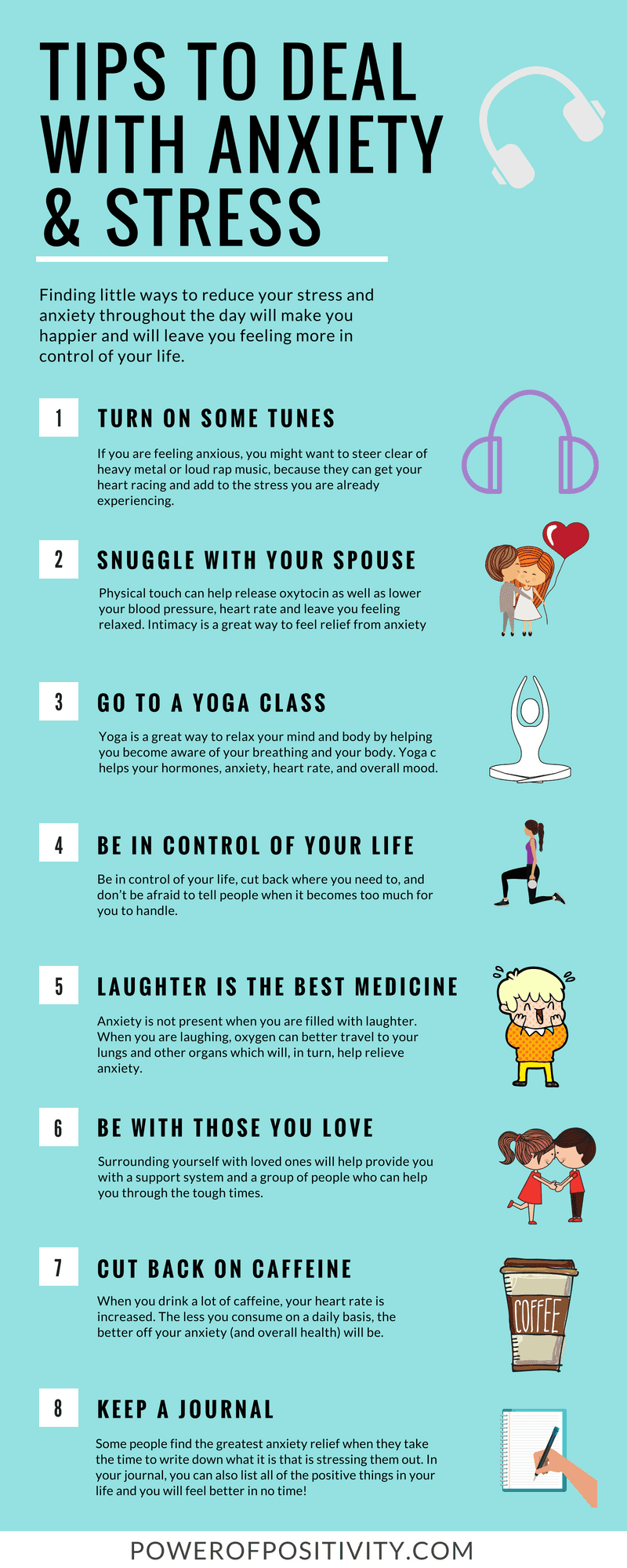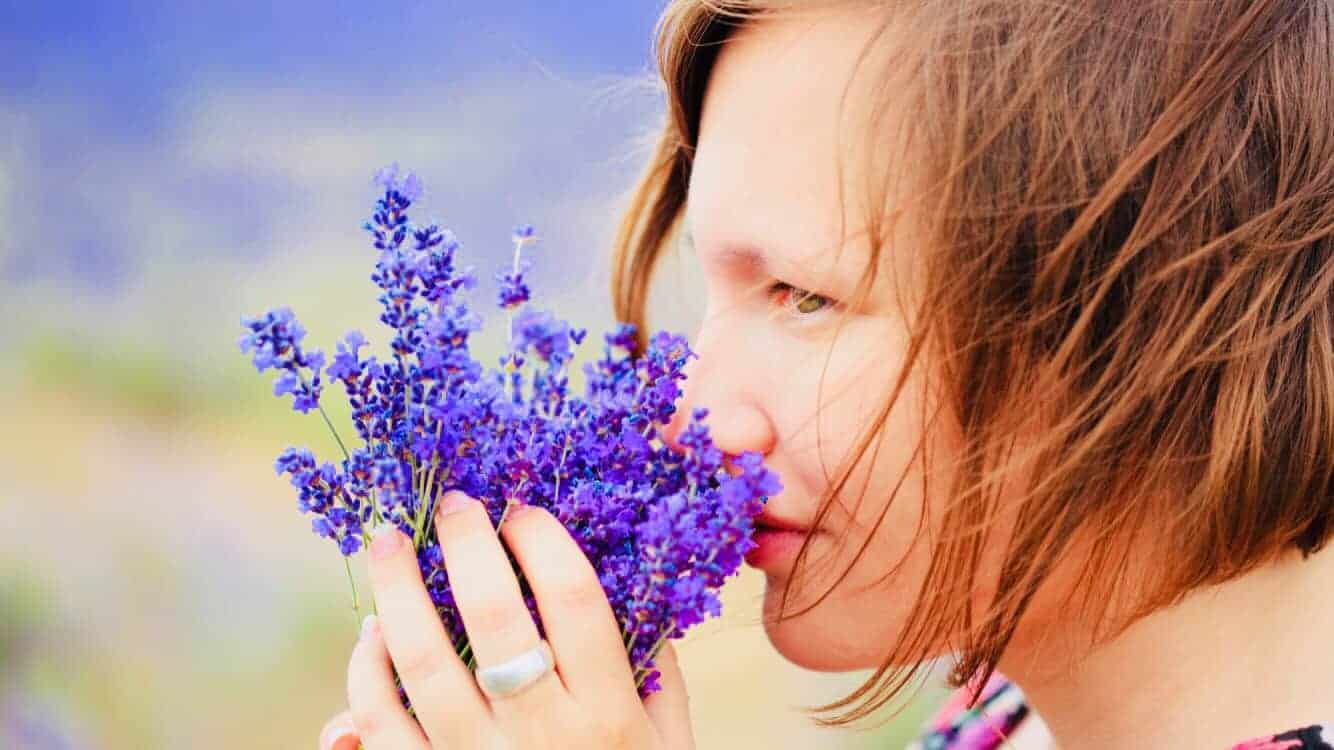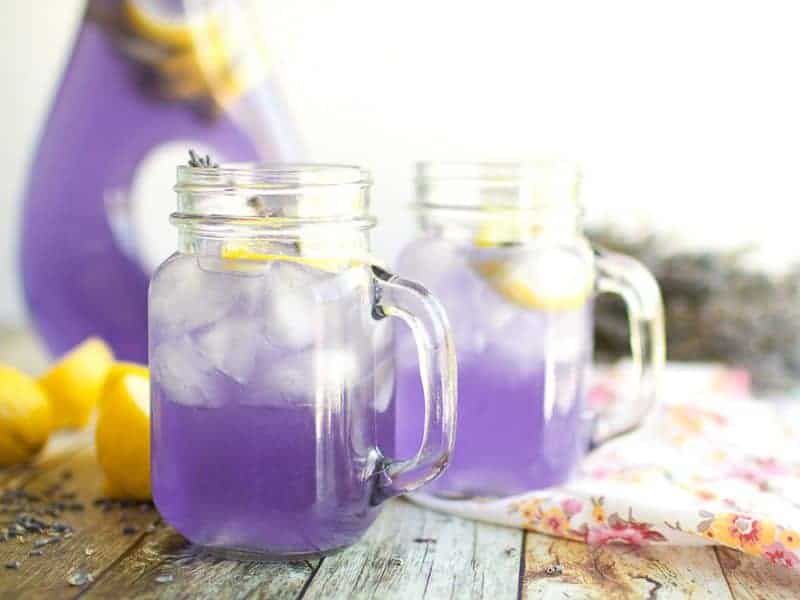The Power of Aromatherapy
Okay, so this formula: “smell = emotions” may be a tad (okay, very) over-simplistic. But hear this: your sense of smell is directly linked to the brain’s emotional center. What goes through your nose can potentially impact how you feel, if this research proves correct.
Our limbic system, the “emotional center,” processes smell far faster than our thinking brain, which is the prefrontal cortex (PFC).
Here’s what happens:
- You inhale a scent.
- The limbic system processes the scent.
- It generates an emotional response.
- We become aware of the scent.
Pleasant aromas are linked to lower levels of stress, anxiety, and depression. This is why such scents are typically used in aromatherapy. As is usually the case with “alternative” treatments, science has been pretty slow in getting around to realizing the benefits of aromatherapy.
But that’s beginning to change. Here’s what Uma Naidoo, MD, a psychiatrist and Massachusetts General Hospital (MGH) and professor of psychiatry at Harvard Medical School (HMS) thinks about aromatherapy in the context of her profession:
“It’s perfectly possible to select scents in response to your current needs, such as using a peppermint candy to help you concentrate on a lecture.”
Let’s consider the above statement. These words came out of the mouth of a professor and practitioner at Harvard University and Massachusetts General Hospital. Respectively, these are two of the most renowned institutions in their fields. She is not discussing a new medication or study, but a practice that has existed for many centuries.
If the above sounds familiar, it’s because nearly the exact thing happened with meditation and mindfulness; two other ages-old practices. (You can look into “Mindfulness-Based Stress Reduction, Harvard University”.)
Aromatherapy and Effects on Anxiety/Depression
“You may not be acquainted with how scents affect your mood, but chances are your nose knows.” – Massachusetts General Hospital
Researchers from The Hong Kong Polytechnic University in Kowloon, Hong Kong, conducted a meta-analysis on a dozen studies involving over 1,200 people. (If interested, you can find more information in the journal Evidence Based Complementary Alternative Medicine.) The research team cites an improvement in depressive symptoms. These included an overall reduction in anxiety and tension, fewer reports of anger and hostility, and an improvement in the participants’ overall feelings of well-being.
Essential oils that have shown promise for their anxiolytic (anti-anxiety) effects include:
- Bergamot
- Clary sage
- Geranium
- Jasmine
- Lavender
- Lemon
- Orange
- Roman chamomile
- Rose
- Rosemary
- Sandalwood
- Vanilla
In an unrelated study, researchers from Harvard and John’s Hopkins University found that essential oils used in aromatherapy may lessen the symptoms of chronic pain in Lyme disease patients. More studies like these are coming out all the time.
“DIY” Aromatherapy
Besides appearing to be very effective in reducing the symptoms of depression and anxiety, practicing aromatherapy needn’t be expensive or time-consuming. Do-it-yourself aromatherapy can be easy. Dab a Q-tip into an essential oil of your choice and breathe in! (Essential oils are quite pungent, so it’s not necessary to use much.)
Here are a few DIY aromatherapy ideas:
- Add a drop of essential oil to your bathwater
- Dab some essential oil onto your wrist, clothes, or pillow
- Fill a vase with scented flowers and set them in your living room
- Use a diffuser (aromatizes the entire room)
If you want an improved aromatherapy session, here are a few more ideas:
- Combine 4-6 drops of essential oil into a spoonful of honey. Add the mix into a full tip of bathwater.
- If you want a great massage concoction, combine 4-6 drops of essential oil and one tbsp of vegetable oil.
- Using a mid-sized pot, steam a few cups of water. Add a couple of drops of lavender oil and inhale.
Final Thoughts
While aromatherapy isn’t a cure for anxiety, the method is capable of reducing many symptoms of the disorder. Unlike prescription medications and other traditional means of treatment, aromatherapy is both safe and cost-effective.
You can find many methods of practicing aromatherapy, including inhalation therapy and message. You can also purchase essential oils at health stores.




















